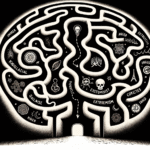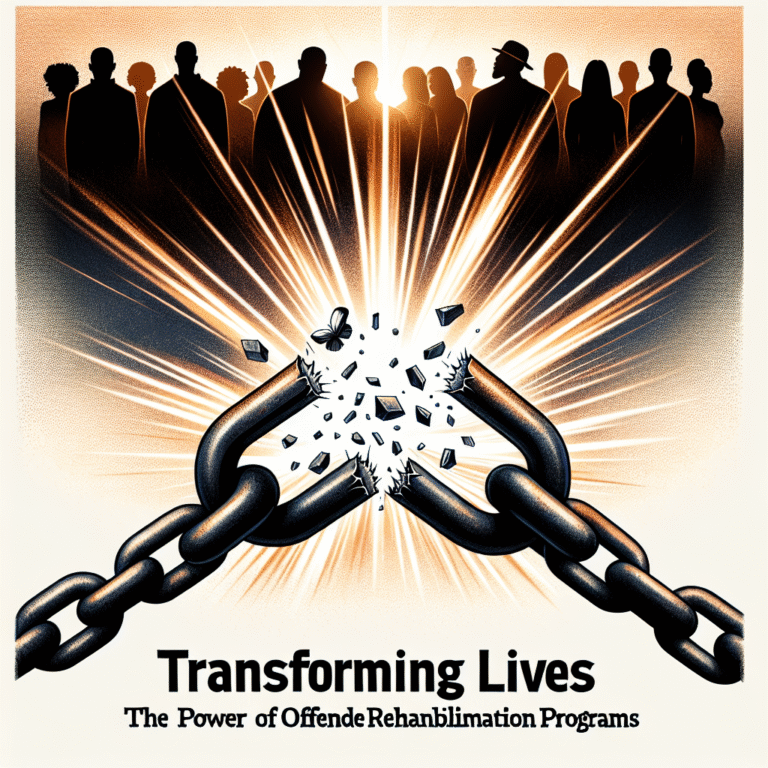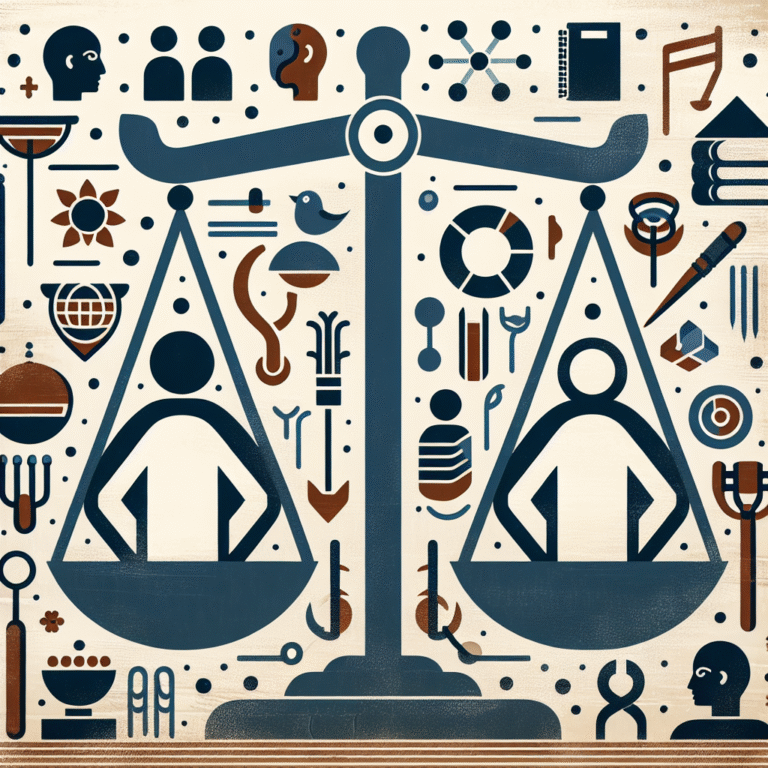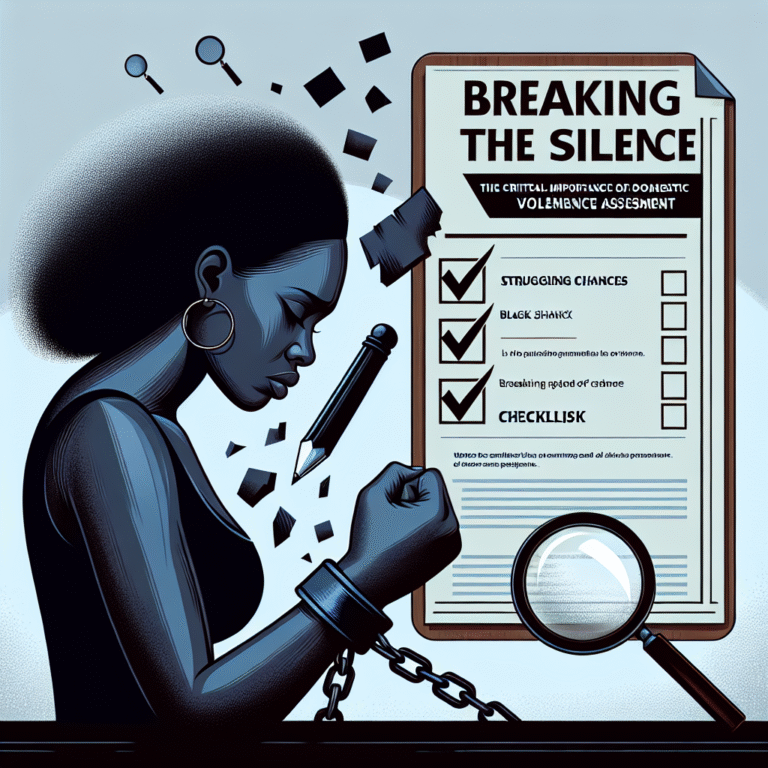
Introduction
Imagine that your most cherished memory has been tainted by a false detail, reshaping your recollection of a significant life event. This phenomenon, known as memory contamination, raises intriguing questions about the reliability of our memories and the implications for personal identity, justice, and mental health. As society increasingly delves into the complexities of memory, understanding the intricate dynamics involved in its formation and distortion becomes essential. In this article, we will explore Memory Contamination: Unpacking the Myths and Realities, revealing startling insights and debunking common misconceptions.
What is Memory Contamination?
Definitions and Mechanisms
Memory contamination occurs when a memory is altered or distorted due to external information or internal processes. Whether it’s through suggestion, misinformation, or the blending of real experiences with fictitious ones, memory contamination illustrates the malleability of human recollection. Research reveals that our memories are not mere video recordings; instead, they are dynamic constructs influenced by various factors, including emotions, context, and social interactions.
The Role of Suggestion
One major contributor to memory contamination is suggestion. Studies by Elizabeth Loftus, a pioneer in memory research, show how misleading information can lead individuals to remember events that never occurred. For instance, in her famous "lost in the mall" study, participants were falsely told about being lost in a mall as a child, leading some to create vivid, albeit fictional, memories of the event.
Common Myths About Memory Contamination
Myth 1: Memories Are Accurate Records of Events
Many believe that memories are precise snapshots of our experiences. However, research consistently demonstrates that memories are susceptible to alteration over time. This begs the question: How much of our recollection is truly trustworthy?
Case Study: Eyewitness Testimony
In criminal justice, eyewitness testimony is often deemed critical. Yet, studies show that even confident witnesses can be mistaken. The case of Ronald Cotton, wrongly convicted due to faulty eyewitness identification, emphasizes the dire consequences of relying solely on memory. Such cases illustrate that Memory Contamination: Unpacking the Myths and Realities is vital for improving legal processes.
Myth 2: Memory Contamination Only Happens to Others
Another pervasive misconception is that memory contamination is an aberration that only affects certain individuals. In reality, it can influence anyone, from children to adults, regardless of intelligence or social background.
Case Study: Children’s Recollections
Children, with their developing cognitive abilities, are particularly susceptible to memory contamination. A landmark study showed that when children received leading questions about an event, their recollections dramatically shifted. Understanding this vulnerability underscores the importance of careful questioning in educational and legal settings.
The Mechanisms Behind Memory Contamination
Emotional Influence
Emotions play a crucial role in memory formation and recall. Intense emotions, whether positive or negative, can lead to more vivid memories but may also distort them.
Case Study: The Challenger Disaster
The Challenger disaster of 1986 serves as a poignant example. Many individuals who witnessed the event reported detailed memories of that day. However, subsequent research showed that specific details were recalled inaccurately, highlighting how emotions can skew factual accuracy. This emphasizes the need for Memory Contamination: Unpacking the Myths and Realities that intertwine emotions with recollection.
Social Interactions
Social influences also play a significant role in memory contamination. When individuals discuss their memories with others, their recollections can be further altered.
Case Study: The Misinformation Effect
In a well-known experiment, participants watched a video of a car accident and were later asked leading questions. Their responses reflected the wording of the questions, showcasing the power of social suggestion in reshaping memories. This tells us that conversations about shared experiences can significantly modify individual recollections.
Memory Contamination in Real Life: Implications and Consequences
Mental Health
Memory contamination can have serious implications for mental health. Distorted memories may contribute to anxiety, depression, or post-traumatic stress disorder (PTSD).
Case Study: PTSD and Recollection
Individuals with PTSD often experience intrusive memories of traumatic events. These memories can be warped by the emotional turmoil linked to the original event, leading to a distorted self-perception and exacerbating their condition.
Legal Justice
The justice system’s reliance on memory can lead to wrongful convictions, as evidenced by numerous exonerations linked to false memories. Memory Contamination: Unpacking the Myths and Realities is crucial for reforming practices around eyewitness testimony and ensuring just outcomes in legal contexts.
Historical Narratives
Memory contamination also affects collective historical narratives. Societal memories can shift based on cultural narratives, leading to biased recollections of events.
Case Study: The Vietnam War
The recollections of the Vietnam War illustrate how differing perspectives can lead to drastically altered memories of the same events. The impact on collective memory shapes national identity and political discourse.
Strategies to Mitigate Memory Contamination
Encouraging Accurate Recall
To reduce memory contamination, it is important to encourage accurate recall. Techniques such as cognitive interviews can help elicit more accurate memories without leading questions, particularly in legal settings.
Promoting Critical Thinking
Teaching critical thinking skills can also help individuals assess the accuracy of their memories. Individuals should be encouraged to question their recollections and recognize their potential for distortion.
Leveraging Technology
With advancements in technology, tools such as virtual reality can offer new ways to study memories. Using immersive scenarios, researchers can explore how context influences memory formation and recall.
Conclusion
As we journey through the intricate landscape of memory, Memory Contamination: Unpacking the Myths and Realities becomes crucial for comprehending the complexities of human recollection. Memory, while essential to our identity, is more fluid than we often realize. It is imperative to recognize the social and emotional factors that can distort our memories and the significant implications these distortions hold for personal relationships, legal justice, and mental health.
Learning to navigate the challenges of memory contamination empowers us not only to protect ourselves from misinformation but also to foster more authentic connections and narratives. As we embrace both the fragile and powerful nature of memory, we create a more profound understanding of ourselves and each other.
FAQs
1. What is memory contamination?
Memory contamination is the alteration or distortion of a memory due to external information or internal processes, often leading individuals to recall events inaccurately.
2. Can memory contamination happen to anyone?
Yes, memory contamination can occur in anyone, regardless of age or intelligence. Studies show that factors like suggestion, social interaction, and emotional influence play a role in this phenomenon.
3. How does emotion influence memory accuracy?
Emotions can make memories more vivid but also distort the factual accuracy of those recollections. Intense emotional experiences may lead individuals to remember details differently than they occurred.
4. What implications does memory contamination have for the justice system?
Memory contamination can lead to wrongful convictions due to unreliable eyewitness testimonies. This emphasizes the need for cautious handling of memory in legal contexts.
5. How can we reduce memory contamination?
To mitigate memory contamination, techniques such as cognitive interviewing can be employed to encourage accurate recall. Encouraging critical thinking skills and using technology can also be effective solutions.
This comprehensive exploration of Memory Contamination: Unpacking the Myths and Realities provides valuable insights into the impact of memory on our daily lives, highlighting the need for awareness and caution in how we perceive our pasts.

















